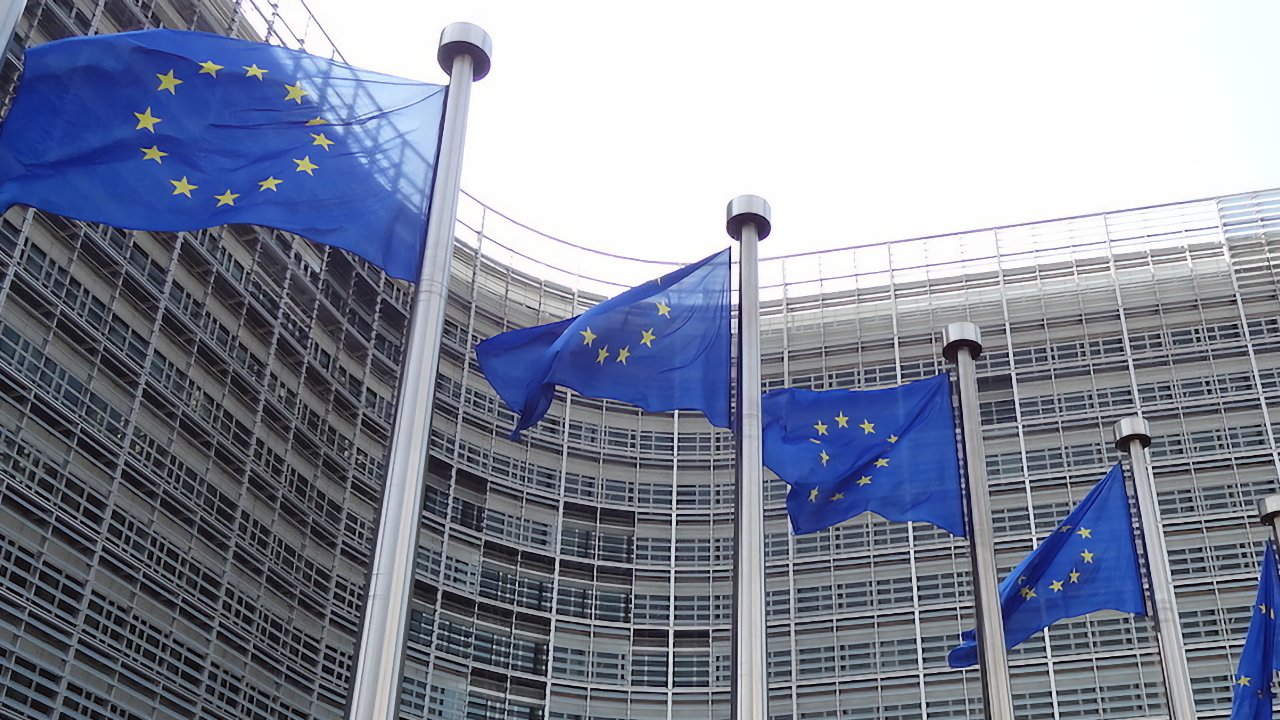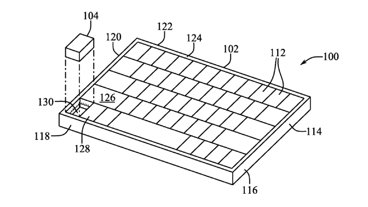The European Union has dropped its plan for a tax on Big Tech firms, likely as part of attempting to secure a more favorable trade deal with Trump.
While Trump has dramatically fallen short of his promised 90 deals in 90 days, he has managed ones with the UK, Vietnam, and also China. Trump's administration is now negotiating with other countries and regions including the European Union, with the his latest moving deadline for deals being August 1, 2025.
Ahead of any EU/US deal, Politico that the European Commission has cancelled a proposed digital tax. This was originally part of the EU's proposed taxes that would bring it income over its next seven-year spending program.
This list of taxes in theory has no connection to any US trade deal, but is now said to be part of what are described as high-stakes negotiations. It follows previous heated disagreements with the White House saying it would not tolerate EU fines against Apple.
The new report notes that while the digital tax has been removed from the list, it is still possible that it will be reinstated. The final taxation proposals are due to be published on July 16, 2025, and will be for the budgets beginning in 2028.
Unless the EU reinstates its digital tax proposal, the move is being seen as a strategic one that gives Trump a victory. Previously Trump's threats of tariffs persuaded Canada to drop a similar tax on digital firms, although Trump then announced a 35% tariff on the country anyway.
That's another one of the August 1, 2025 tariffs so Canada could conceivably arrive at a deal before then.
Away from Trump and the US, though, there are other pressures on the EU and all of its tax proposals, not just the digital one. The issue is that this would be the EU raising its own taxes on top of those already imposed separately by each of its 27 member states.
The new proposals are intended to generate income that in part will replay the debts the EU incurred during its post-Covid recovery. Currently, in place of the tax on digital firms, the proposal is reportedly looking to raise taxes against electronic or electric waste, tobacco products, and also firms in the EU with an annuak turnover of around $58 million or more.
It's not clear whether this is for all companies in the EU or also international ones operating there. All of Apple's non-US business is officially run through its division in Ireland, though, which is an EU country.
What is clear is that all 27 member states will have to unanimously approve the new taxes before they can be implemented.









